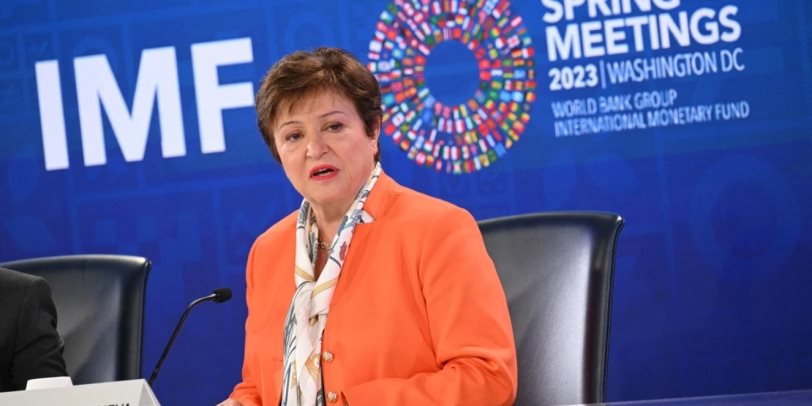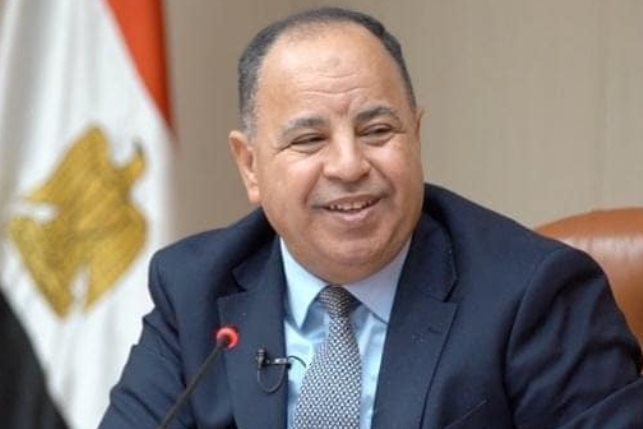Egypt taking vital steps to avoid financial risks, regional debt is a concern | IMF Head
For the Middle East and North Africa, Georgieva explained that the MENA region’s economic growth is expected to drop to 3.2% in 2023

Egypt is taking important steps to avoid financial risks, says Managing Director of the International Monetary Fund (IMF) Kristalina Georgieva.
The Egyptian government is managing many of the fiscal risks it is experiencing, explained Georgieva, who included public guarantees and losses by state-owned enterprises as risks that could destabilize debt and require drastic cuts to vital spending.
During her speech at the Seventh Arab Fiscal Forum yesterday, the MD spoke on the ongoing discussions with Egypt, among other countries in the Arab region, regarding a new loan worth $1 billion from the newly established Resilience and Sustainability Trust.
The IMF and Egypt are in the middle of a $3 billion loan program under the IMF’s Extended Fund Facility, directed towards tackling the economic impact on the country by the Russia/Ukrainian conflict.
She added that the IMF puts climate at the heart of its work and is working with partners to make progress on the climate finance agenda.
For the Middle East and North Africa, Georgieva explained that the MENA region’s economic growth is expected to drop to 3.2% in 2023, a fall from 5.4% in 2022, before climbing up to 3.5 in 2024.
“The OPEC+ production cuts would reduce overall revenue for the oil exporters. For oil importers, the challenges would continue,” Georgieva added.
The IMF is concerned about MENA’s public debt, with the IMF head explaining that several economies in the region facing elevated debt-to-GDP ratios—some close to 90%.
On inflation, the MD stated that the region’s inflation is projected to gradually decline as commodity prices settle and tighter monetary and fiscal policies produce their intended effect.
“Russia’s war in Ukraine and climate disasters could worsen food shortages for the most vulnerable. Add to this persistently high unemployment, especially among young people, and you have a significant risk to social stability. Tighter global or domestic financial conditions could lead to high borrowing costs and, in some cases, a financing crunch. Domestically, delays in much-needed reforms could weigh on regional prospects and government finances. As you see, we face another tough year”, Georgieva explained.





